Welcome to Our Lab
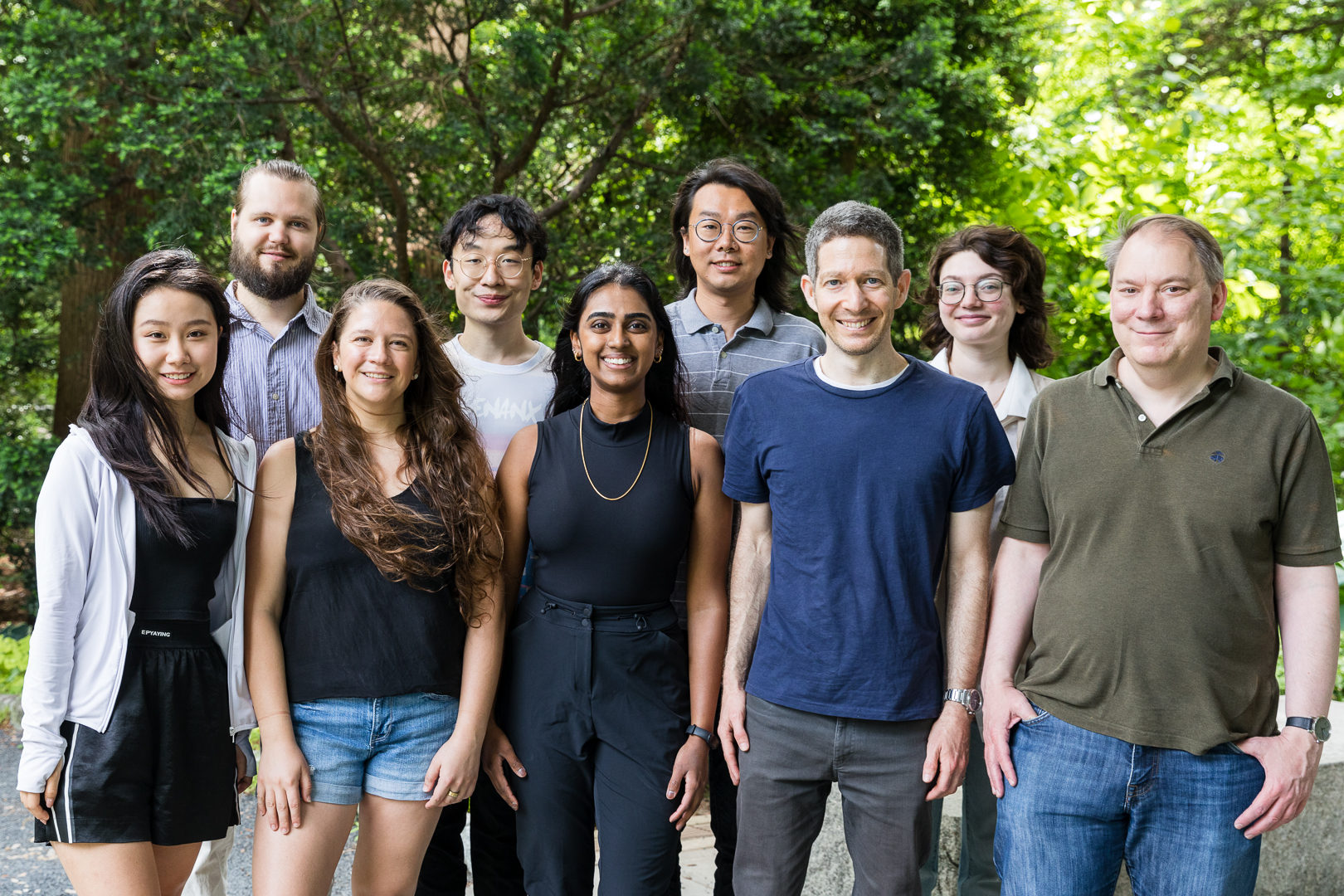 How does the brain represent scenes, places, objects, and events? How
is this information used to guide spatial navigation and action?
How does the brain represent scenes, places, objects, and events? How
is this information used to guide spatial navigation and action?
In our lab, we use functional magnetic resonance imaging (fMRI) and
behavioral methods to investigate these questions.
Our lab is within the
Department of Psychology
at the University of Pennsylvania. We are affiliated with
mindCORE, the
Penn Brain Sciences Center, the
Center for Functional Neuroimaging (CfN), and the
Computational Neuroscience Initiative (CNI).
Participate in Research
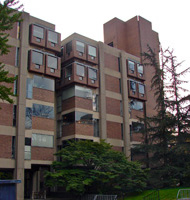
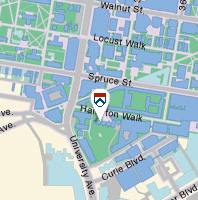 We would love for you to participate in our studies!
We would love for you to participate in our studies!
If you are an undergraduate student at the University of Pennslvania
and taking a course which requires you to participate in research for
credits, please visit
Penn Psych Experiments
to sign up for available slots.
If are not an undergraduate student, or would like to participate in
research for monetary compensation, please visit
SBSI Experiments
to sign up for available slots.
Lab News and Announcements
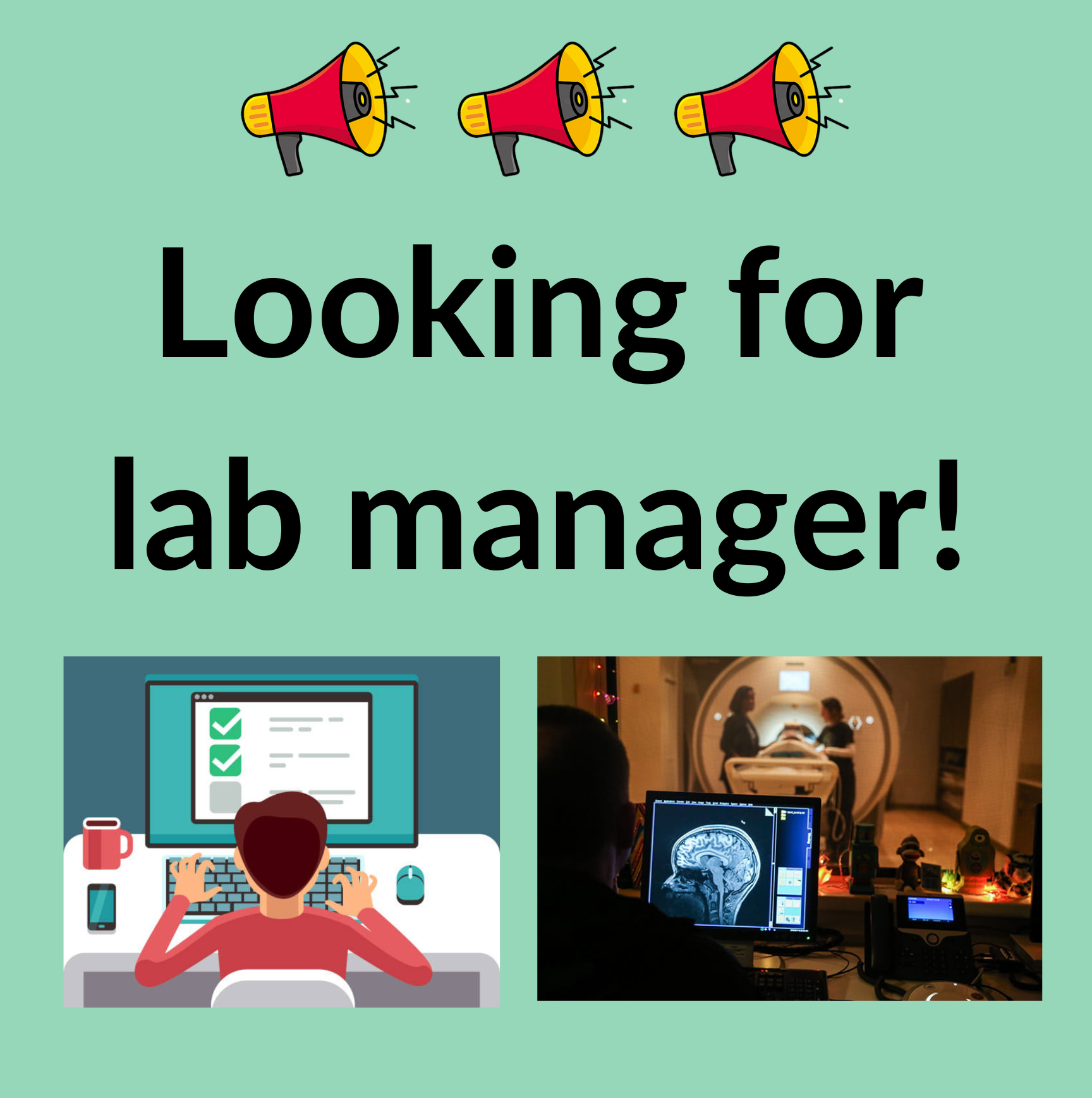 Looking for a new lab manager to start in May 2024!
Looking for a new lab manager to start in May 2024!
We're looking to hire a new full-time lab manager! This would be an
excellent position for someone with a Bachelor's degree in psychology,
neuroscience, or other related field and interest in cognitive
neuroscience research. Duties will include assisting with all aspects
of fMRI experimentation (from design to data collection and analysis),
maintaining lab equipment, and coordinating lab activities. For more
information and instructions on how to apply, see the
full announcement.
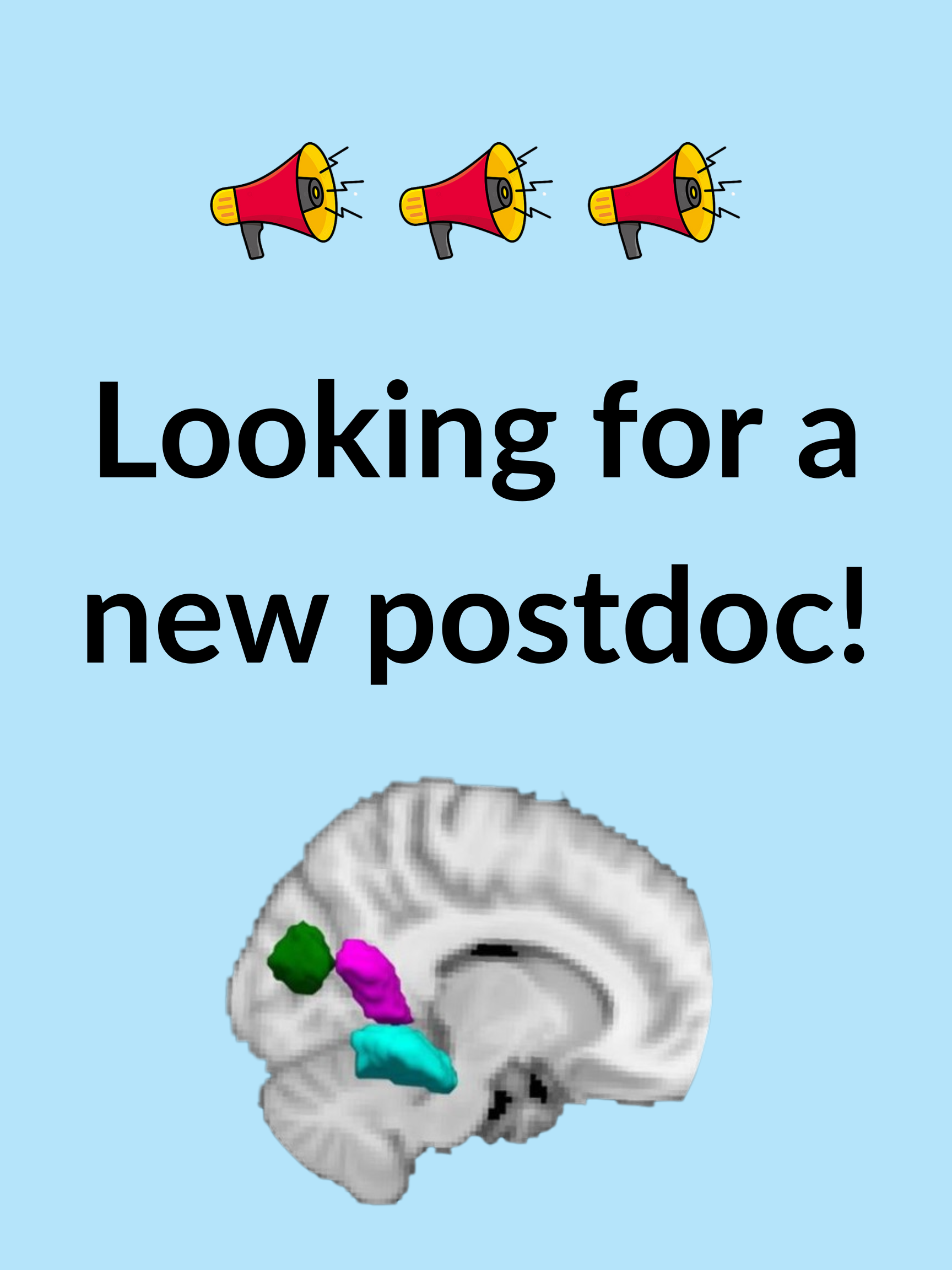 Postdoctoral Position: Spatial and nonspatial cognitive maps in
the human brain (Updated February 2024)
Postdoctoral Position: Spatial and nonspatial cognitive maps in
the human brain (Updated February 2024)
Our lab is looking to hire a new postdoc!! The position will be
supported from an NIH-funded project investigating the neural basis of
spatial and nonspatial cognitive maps in humans. We wish to understand
how cognitive maps are learned, how they are organized in memory, and
how they are used to guide intelligent behavior during spatial
navigation and other cognitive tasks. We are looking for an
early-career scientist who will bring creative ideas of their own that
fit under this general umbrella. Candidates are encouraged to look at
our publications
to get a sense for our recent intellectual directions.
For more information and instructions on how to apply, see the
full announcement.
 Penn Researchers Provide New Insights Into How People Navigate Through
the World
Penn Researchers Provide New Insights Into How People Navigate Through
the World
Michael Bonner (postdoctoral fellow) and Russell Epstein (principal
investigator) discuss how the brain analyses a scene to find what
possible paths exist in it. In two experiments (one using well
controlled artificial stimuli, the other using naturalistic real-world
stimuli), the researchers found that the occipital place area
automatically enocdes the navigational affordances of a scene. Many
organisms, including humans, can effortlessly see a scene and extract
what paths exist to navigate through, yet the method in which the
brain does this was poorly understood. Read how these researchers
leveraged neuronal patterns from fMRI experiments to understand how
the brain does this crucial computation.
Click
here
to read the Penn News article.
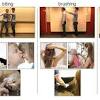 Penn Psychologists Find Photos, Videos Result in Similar Understanding
of Actions
Penn Psychologists Find Photos, Videos Result in Similar Understanding
of Actions
Alon Hafri (graduate student), John Trueswell (collaborator), and
Russell Epstein (principal investigator) discuss how the brain
represents actions in an abstract manner. Though both videos and still
images were presented to subjects, a certain brain network is able to
represent actions abstractly across these two different mediums. Read
how these researchers used state of the art pattern similarity
analyses to understand how the brain represents actions.
Click
here
to read the Penn News article.
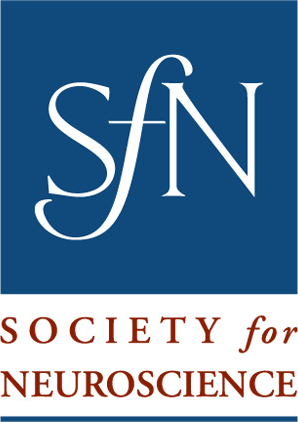 Michael Bonner (postdoctoral fellow) and Josh Julian (graduate
student) have organized a nanosymposium for SFN this year titled Scene
Perception and Spatial Navigation. Michael and Josh will serve as the
co-chairs of the session. The nanosymposium will take place from 8am
to 12pm on Wednesday 11/16.
Michael Bonner (postdoctoral fellow) and Josh Julian (graduate
student) have organized a nanosymposium for SFN this year titled Scene
Perception and Spatial Navigation. Michael and Josh will serve as the
co-chairs of the session. The nanosymposium will take place from 8am
to 12pm on Wednesday 11/16.
Stay tuned for more information and a list of speakers! Click
here to reach the SFN website.
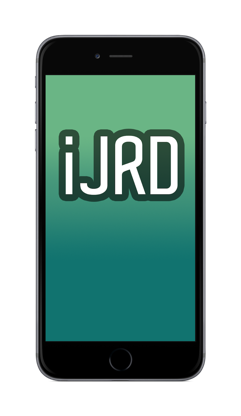 Mental GPS? There's an app for that! Josh Julian (graduate student)
and Peter Bryan (former undergraduate research assistant) describe
iJRD (a judgment of relative direction game), the app that takes
research from the lab out into the real world! By playng iJRD
anonymously on your iPhone, you can learn about how your navigation
abilities compare to other people around the world all while aiding
researchers make discoveries that will have important implications for
basic research in psychology, neuroscience, urban planning, and for
advancing early detection methods and targeted therapeutic approaches
for diseases such as Alzheimer's disease, where spatial memory
deficits occur.
Mental GPS? There's an app for that! Josh Julian (graduate student)
and Peter Bryan (former undergraduate research assistant) describe
iJRD (a judgment of relative direction game), the app that takes
research from the lab out into the real world! By playng iJRD
anonymously on your iPhone, you can learn about how your navigation
abilities compare to other people around the world all while aiding
researchers make discoveries that will have important implications for
basic research in psychology, neuroscience, urban planning, and for
advancing early detection methods and targeted therapeutic approaches
for diseases such as Alzheimer's disease, where spatial memory
deficits occur.
Click
here
to read the article, and
here to visit
the official website of the app.
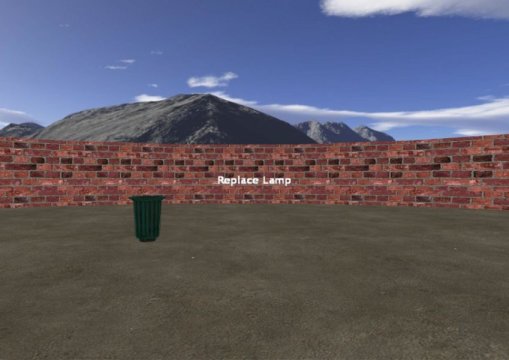 OPA! The occipital place area: crucial for using boundaries to
navigate
OPA! The occipital place area: crucial for using boundaries to
navigate
Josh Julian (graduate student), Jack Ryan (former lab manager), Roy
Hamilton (collaborator), and Russell Epstein (principal investigator)
discuss the crucial role of the occipital place area in perceiving
boundaries. Indeed, boundaries are something fairly unique to scenes;
faces and objects do not have the same boundaries that a city street
or natural landscape contain. Read how these researchers used TMS to
discover that the occipital place area is determining where boundaries
are during navigation.
Click
here
to read the Penn News article, and
here
for the Science Daily coverage.
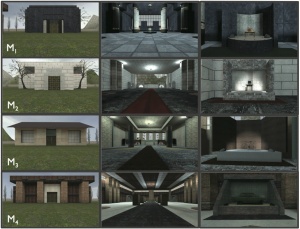 Brain's Compass Relies on Geometric Relationships
Brain's Compass Relies on Geometric Relationships
Steven Marchette (postdoctoral fellow) and Russell Epstein (principal
investigator) discuss the importance of their latest research on
geometry and memory. In order to get from point A to point B, you need
to know which direction you are facing; you need a mental compass of
sorts. Read how our lab has shown how the brain anchors this mental
compass using geometry in the retrosplenial complex.
Click
here
to read the Penn News article, and
here
for the Science Daily coverage.
Mental ‘Map’ and ‘Compass’ Are Two Separate Systems
Josh Julian (graduate student), Alexander Keinath (graduate student),
Isabel Muzzio (collaborator), and Russell Epstein (principal
investigator) describe their research separating the cognitive map
from the cognitive compass. Read how these researchers were able to
tease the two systems apart using two different chambers with unique
contextual clues. These clues allowed the mice to know which of the
two chambers they were in, but they used geometry instead to orient
themselves.
Click
here
to read the Penn News article, and
here
for the Science Daily coverage.
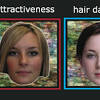 Penn study sees changing faces of beauty
Penn study sees changing faces of beauty
Teresa Pegors (former graduate student) and Russell Epstein (principal
investigator) discuss their research on the role of context and beauty
judgments. Previous studies on the role of context in estimating
beauty have led to contradictory responses: in some studies, the
preceding attractive face causes the next face to be more attractive,
but in others, the preceding attractive face causes the next to seem
less attractive. Our researchers got to the bottom of this seeming
contradiction. Read the article to find out the role of timing in
influencing judgments of attractiveness and how no percept is
seperable from recent history.
Click
here
to read the Penn Current article.
 Beyond the Nobel: What Scientists Are Learning About How Your Brain
Navigates
Beyond the Nobel: What Scientists Are Learning About How Your Brain
Navigates
Read this article describing the current state of the field in the
cognitive neuroscience of navigation. Under discussion is work from
our colleagues - the Mosers, John O'Keefe, and Eleanor Maguire - and
from our own Russell Epstein (principal investigator). Read the
article to find out more about the theorized roles of the hippocampus,
parahippocampal place area, and retrosplenial cortex in storing and
retrieving cognitive maps, in landmark based navigation, and in
triangulating the position of different landmarks in relation to each
other.
Click
here
to read the article from Wired.
 A New Perspective on Brain Function
A New Perspective on Brain Function
Sean MacEvoy (collaborator) and Russell Epstein (principal
investigator) discuss evidence of a new way to consider how the brain
processes and recognizes a person's surroundings. Read to find out how
the brain may use objects from within scenes to identify that scene.
Click
here
to read the Boston College Chronicle article and
here
for the Science Daily article.


